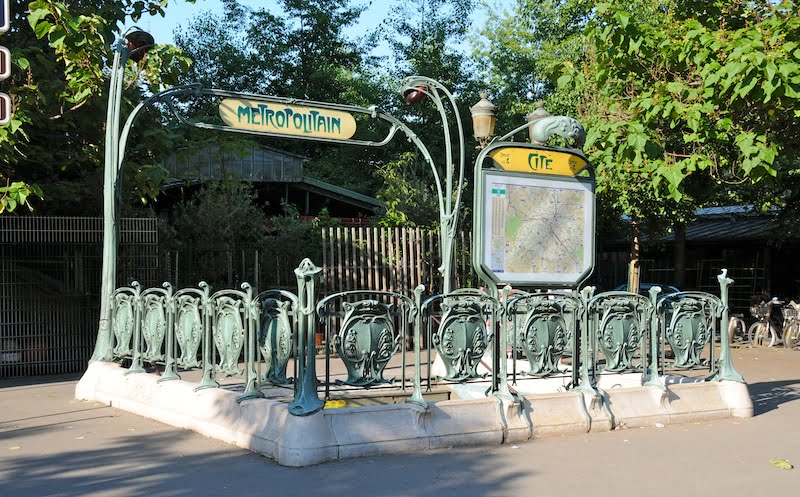Professor of transplant surgery Ian Alwayn of the LUMC (Leiden) also says that it is still too early to make definitive statements. “I think it goes very quickly if I’m honest. Last year a pig kidney transplant was performed on a brain-dead patient. That was successful, twice. But I have not yet seen definitive results.”
“But the fact that this transplant has been done is really a step further. It’s not about a brain-dead patient now, for example. But before you can really talk about a short-term success, you have to be at least a month further.”
Large organ deficiency
With a transplant a ‘new’ organ is always rejected and therefore someone who has received an organ has to take medicines against rejection for the rest of his life. In the case of an animal organ, the rejection is even more severe and the risk of complications is high.
But according to professor Ebels, this is absolutely no reason to stop transplanting animal organs. On the contrary. “That such experiments are now being done has to do with the great shortage of human donor organs. That is why this is happening.”
Not just future
The operation in the United States was performed by transplant surgeon Bartley Griffith. He is optimistic about xenotransplantation, the transplantation from animals to humans. “It was always said that xenotransplantation would remain something of the future, but I can now say that it is something of the present.”
David Bennett was too weak to qualify for a human heart, Griffith says. “He told me he didn’t want to die and I said a pig’s heart could be an option.” Bennett then agreed to the transplant, saying that if it went wrong, at least it would have helped science move forward.
Bennett has regained consciousness and has already spoken to his doctors, the transplant surgeon says. “The first critical phase is now over. We hope he continues to recover well.” Bennett, 57, has a long way to go, according to his doctors.
–


